-
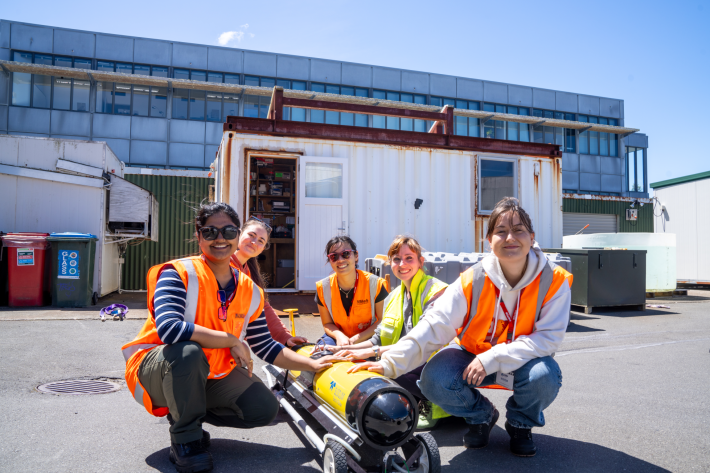
Meet our students & graduates
Meet some students and graduates who share their experience and where it has taken them. -
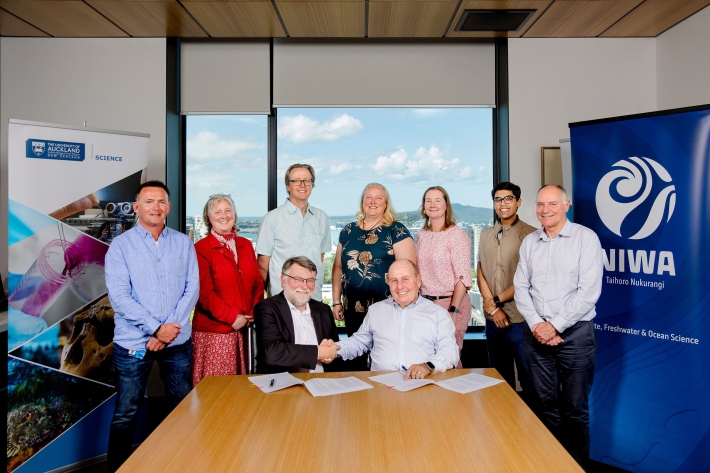
Meet our staff
NIWA partners with UOA to provide postgraduates with the opportunity to work at the forefront of coastal and marine research. -
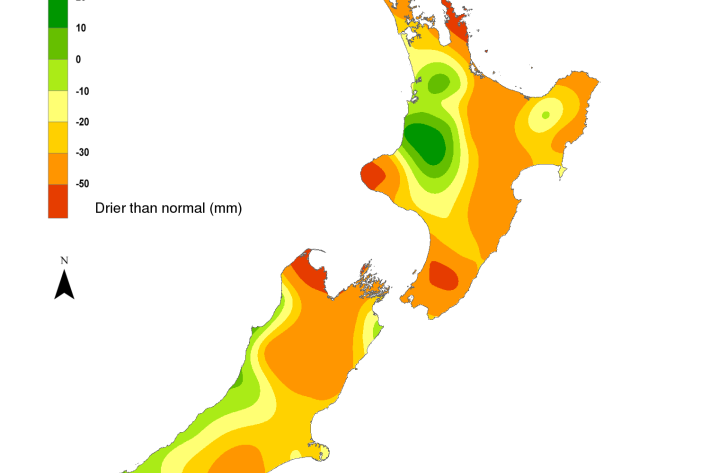
Hotspot Watch 4 April 2024
Hotspot04 April 2024A weekly update describing soil moisture patterns across the country to show where dry to extremely dry conditions are occurring or imminent. -

Pacific partnerships
NIWA works collaboratively with our Pacific partners to support the sustainable management and resilience of the Pacific’s natural resources, environments and communities. -
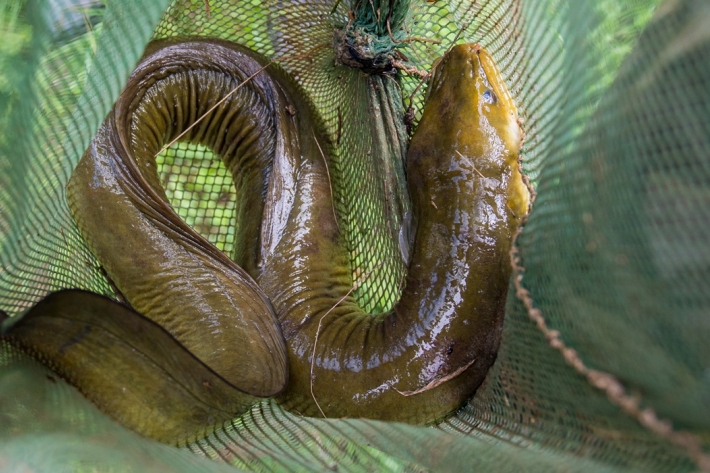
Taonga species
Te Kūwaha, NIWA’s Māori Environmental Research team, partners with whānau, hapū and iwi to co-develop methods for the protection, restoration and economic development of taonga species. -

Freshwater restoration
NIWA measurement, research and tools support strategies being used to reverse the degradation of freshwaters and restore ecosystems throughout New Zealand. -

Freshwater quality
NIWA provides measurement, knowledge and tools to the managers of New Zealand's stream, river, lake and groundwater quality. -

Freshwater invertebrates
NIWA research into freshwater invertebrates supports a greater understand of the role of these varied aquatic species in habitat and ecosystem health. -
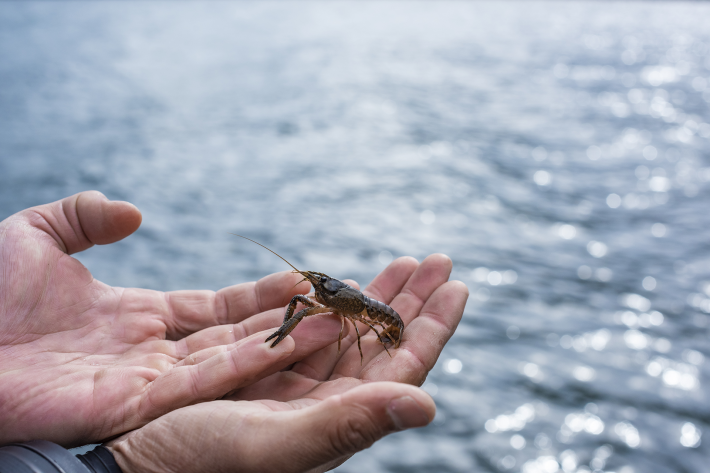
Freshwater fish
NIWA research and tools support the protection, restoration and management of New Zealand’s freshwater fish species and the habitats that sustain them. -

Ecotoxicology
NIWA offers a range of standard toxicity tests for both freshwater and marine environments and is at the cutting edge of toxicity-related research. -
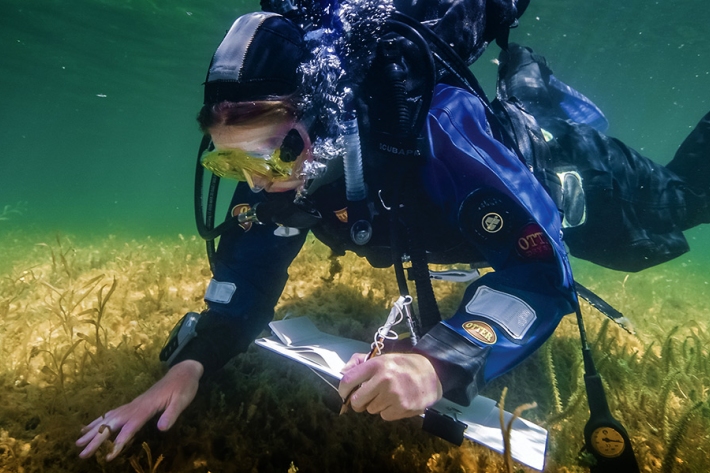
Ecological monitoring
Monitoring the health of freshwater lakes and streams. -
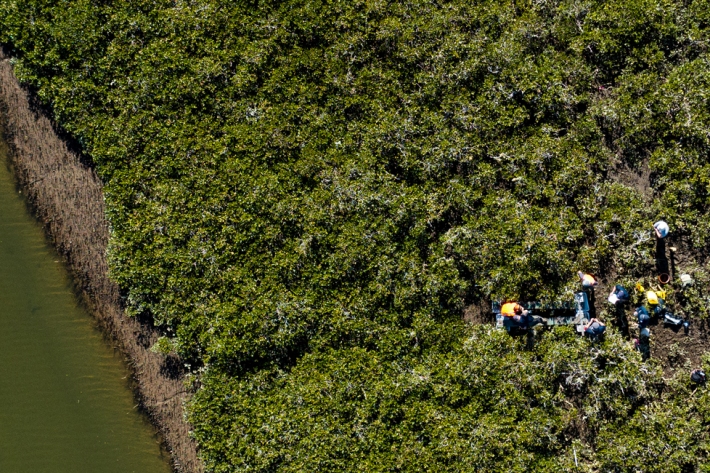
Estuaries
NIWA research and tools support the protection, restoration and management of coastal estuarine environments where seawater mixes with freshwater.
